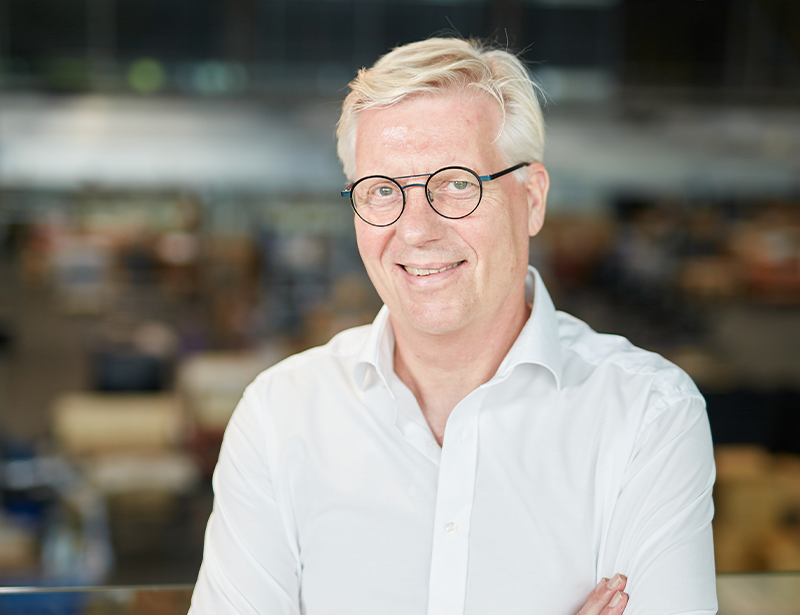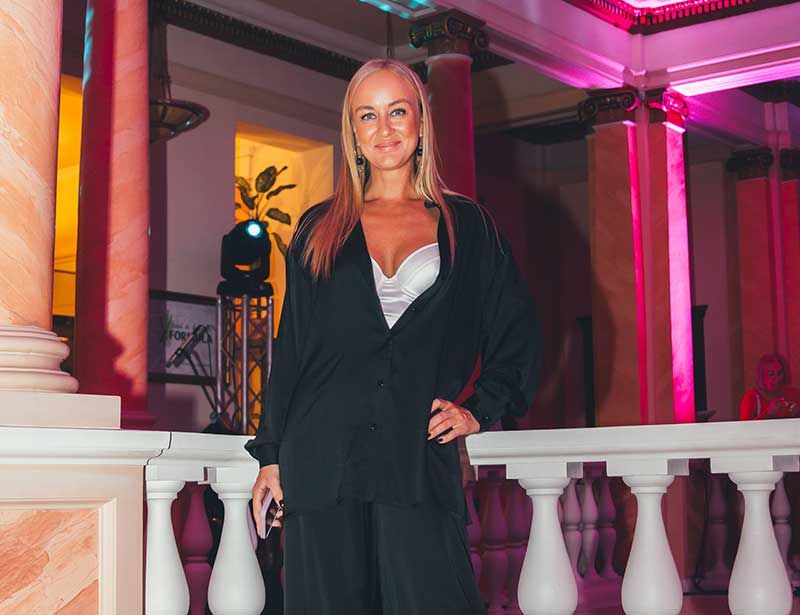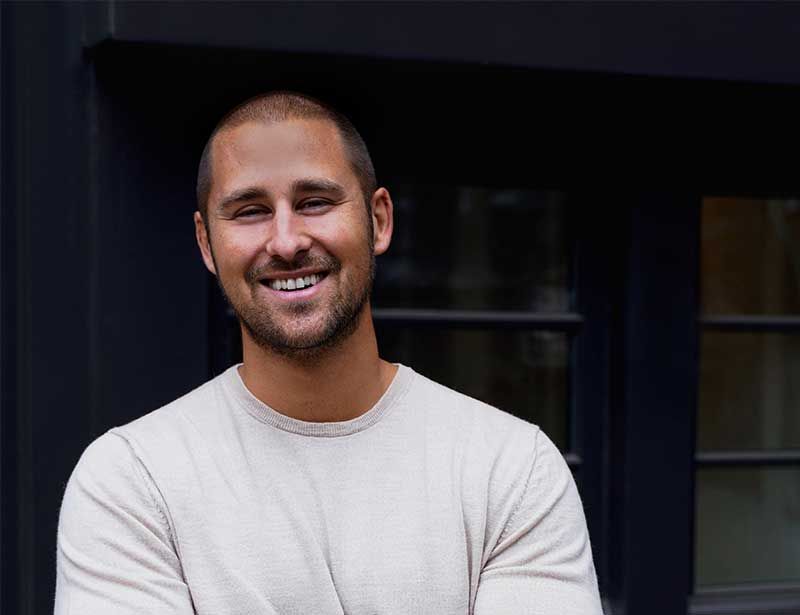Europe
David Watt
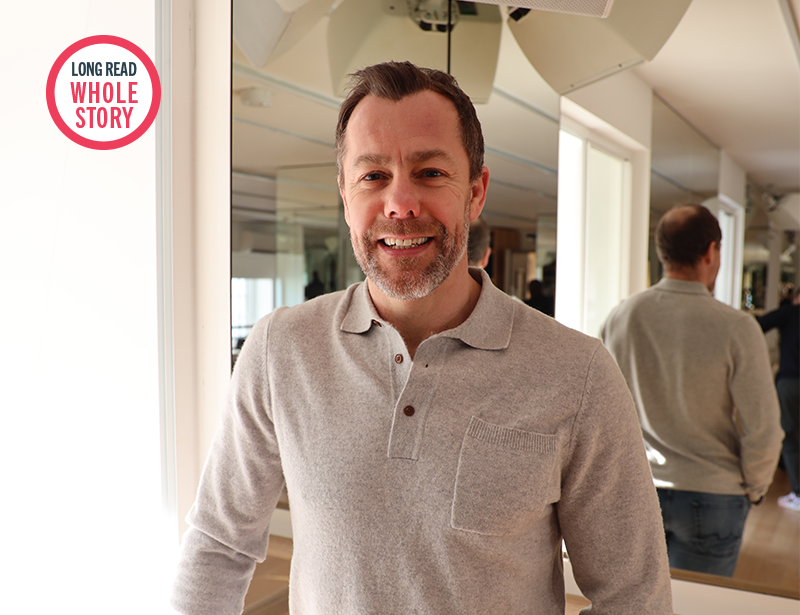
Tell us about the ‘psy’ of Psycle.
Psycle launched in 2014 with an ambition to get people hooked on the transformative power of movement. There are no metrics, no scoreboards, no focus on weight loss or calorie count. Just encouragement to come to class, move your body, get lost in the music and free your mind. It’s all about how our classes make you feel.
Our fundamental belief: that the state of people’s health has a direct influence on how they feel, that how they feel determines the attitude and energy they bring to their lives – and that within this pathway to happiness, exercise and movement have a big part to play.
It’s a judgement-free approach that’s won Psycle a loyal customer base over the last 10 years.
“Obviously ‘Psycle’ immediately says ‘cycling’, but we don’t want to rebrand. We’re proud of what we stand for.”

How does this approach translate to your cycling classes?
Our programming has always been about putting aside inhibitions and losing yourself to the movement and the music. You will be challenged physically, but you’ll be immersed in the shared rhythm of the class, focused on gratitude for your body and your life, and the endorphins will flow.
We also embed a consciously meditative moment around three-quarters of the way through class. Coming straight after a high-exertion track, riders are in exactly the right frame of mind to switch off mentally and zone in to the rhythm of the music and/or the instructor’s voice.
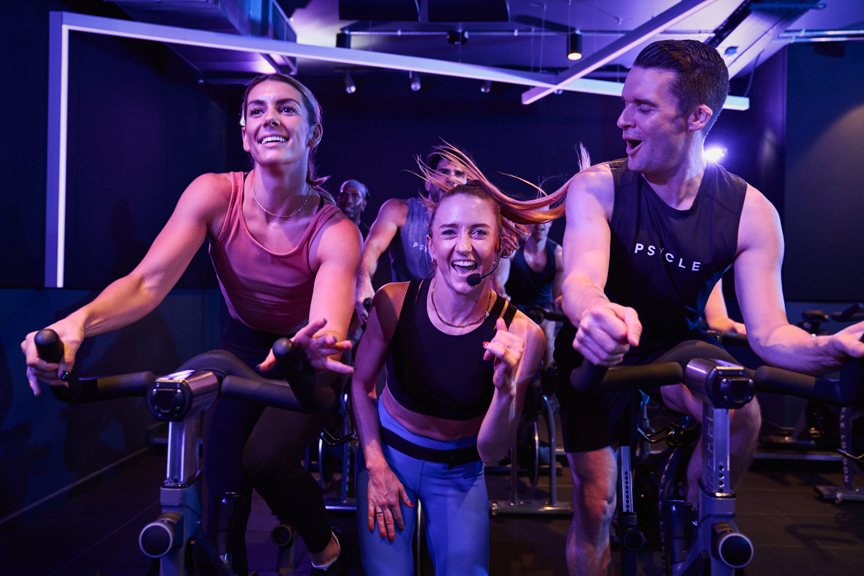
And in fact, the ‘psy’ element starts even before class, with our instructors spending up to five minutes welcoming people, dismissing preconceptions and sharing the Psycle ethos.
“We’re looking to open a couple of single-discipline locations where we already have Psycle communities.”
When we launched, our mind-music-movement connection was a real USP. It’s less so now as more operators embrace this thinking, but I believe we still bring it to another level through our relentless focus, with regular check-ins and instructor workshops ensuring it’s embedded in every class.
The result is an uplifting, high-energy, addictive product that’s also low-impact, lending itself to high frequency. When you combine that with the community we’ve created and the ability to get everything in one place, I’m confident ours is a product with longevity.
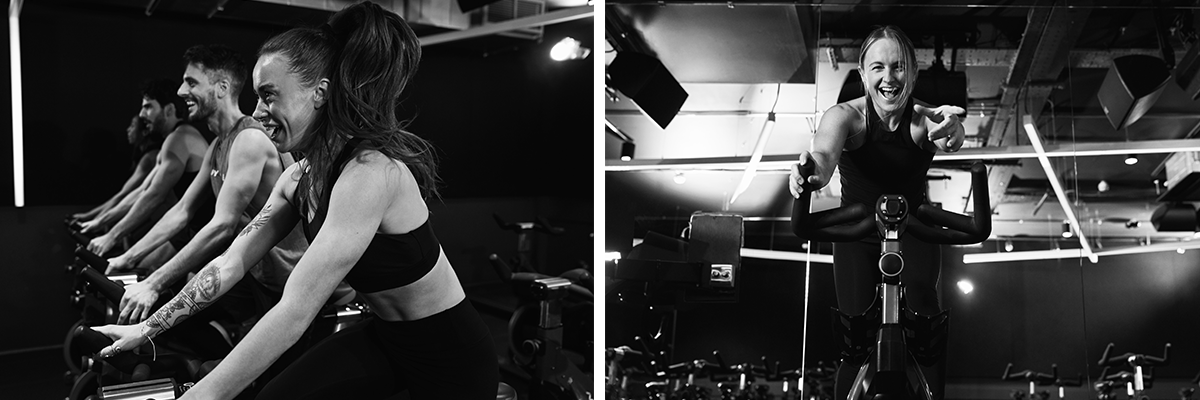
Everything in one place – how so?
Psycle started out as an indoor cycling brand, but in 2017 – the year I joined the company – it added three additional concepts to its roster: strength (HIIT), barre and yoga. In 2018, we also launched memberships and a benefits package to encourage people to commit and take part in more than one concept.
Ride remains our north star, available in all five Psycle locations and enjoyed by 85 per cent of our customers. However, we recognise that there’s no one perfect workout, and that a rounded approach to training is critical to a healthy body and mind.
“Pre-COVID, there were too many operators charging premium prices for average products. There is no space for that now.”
Where we have bigger spaces, we’ve therefore introduced additional studios and rolled out concepts that match the demographics of the local market. Of course, this also allows the business to maximise its commercial potential by utilising all available space.
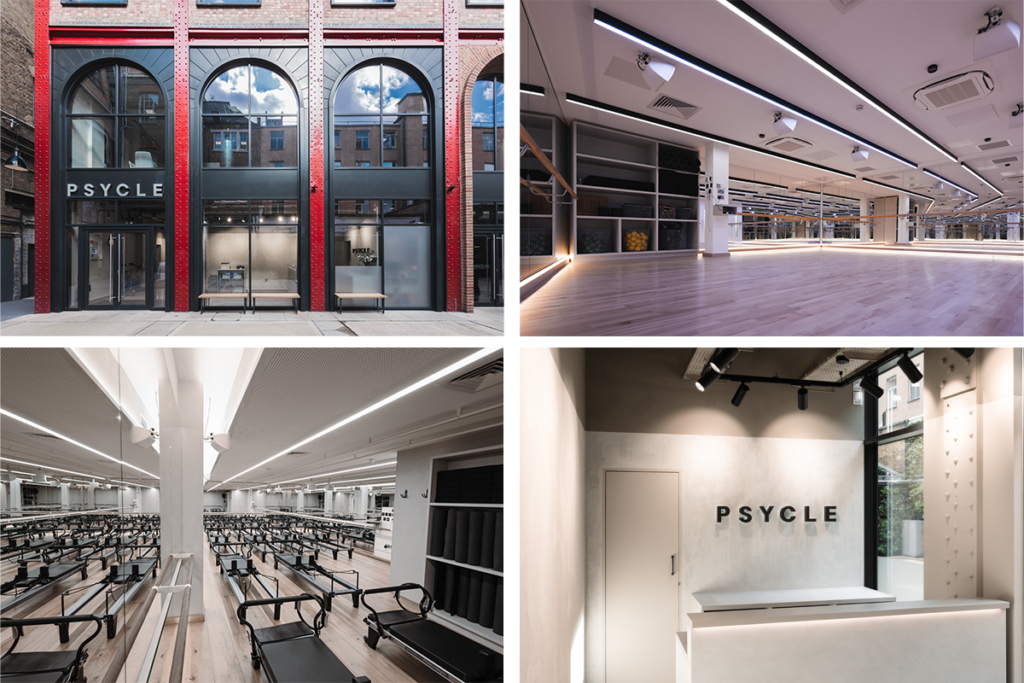
Sadly, demand for yoga was impacted significantly by the pandemic, exacerbated by an ongoing abundance of content available for free online. We do still offer 1.5 days of yoga each week, but have also introduced a fifth concept – reformer pilates – in response to community demand. Since COVID, we’ve realised we need to be in-tune with customer wishes in a way boutiques didn’t really have to be in the pre-COVID boom years.
Can you credibly diversify with the name ‘Psycle’?
Obviously ‘Psycle’ immediately says ‘cycling’, but we don’t want to rebrand. We’re proud of what we stand for. If anything, with mental health an increasingly hot topic, we want to go further in telling our story and explaining our ethos.
But we do now have five different products, so we are considering a reorganisation of the words we use. Rather than sitting five programmes – Ride, Reformer, Barre, HIIT and Yoga – under the Psycle banner, we may shift to ‘Reformer by Psycle’, ‘Barre by Psycle’ and so on. In this way, we take our brand credibility with us, but with more clarity around our expanded roster of classes.

What’s next for Psycle?
We’ve experienced good momentum since COVID, with consistent profitability, which is pleasing.
Customer experience is now high on our agenda. We’re looking to upgrade our communal spaces to make people feel more luxuriously welcome, creating environments that nurture our community. We’re also exploring benefits and partnerships to further enhance the customer journey and encourage even longer-lasting relationships.
Meanwhile, we’re looking at opportunities to open a couple of single-discipline locations where we already have Psycle communities – where there’s scope to complement our existing offerings for an already-engaged audience. These will not be focused on indoor cycling, as we’ll be opening them in areas where we already offer Ride.
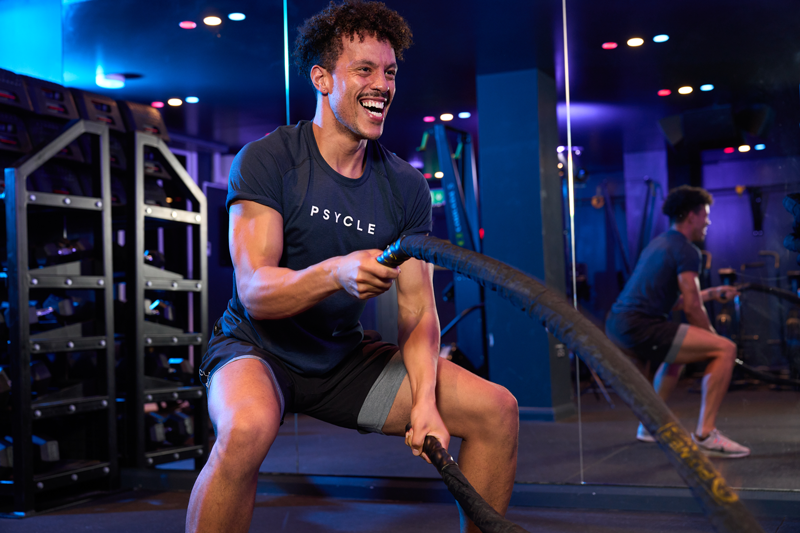
In the future though, even in new locations, we may launch multi-concept studios without indoor cycling. With the cost and complexity of creating a Ride studio – we’re talking over £1m – there are only limited locations in and around Greater London where it’s really viable. Running costs also mean we need 1,000+ bodies on bikes each week just to break even.
“Consolidation under one brand is the way to achieve scale… We’re looking to invest in businesses with ready-made communities.”
Add to that the fact we burned so much money during COVID, and the lack of access to capital right now, and we need to be flexible in how we scale.
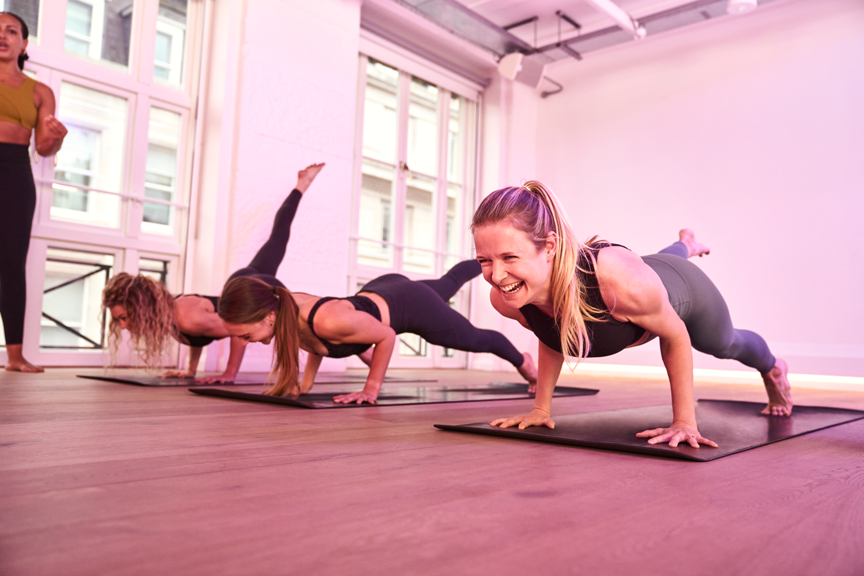
What are your plans to scale?
We’ve identified three sites in London that could support multi-studio locations with Ride, and another eight to 10 that could support non-Ride studios –that is, offering site-specific combinations of our four other concepts. After that, we’ll start to look at the white space beyond London, in big cities across the UK.
Looking ahead five years, I’d also like to be in key cities in Europe and Asia, ideally with a local partner but still in control of the brand and the product.
But all of this will only happen if we reach the sort of scale in London that unlocks access to capital; 10+ clubs is the point at which we believe private equity will be interested.
I believe consolidation under one brand is the way to achieve that scale.
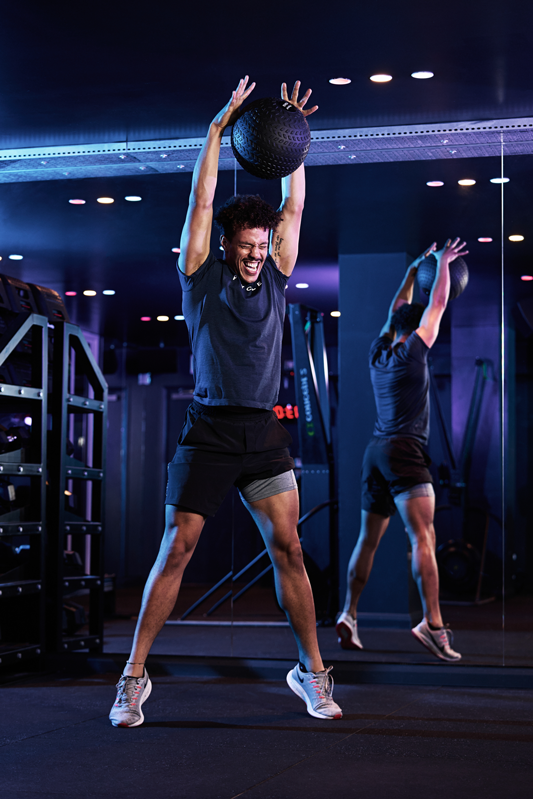
A large number of small operators are running on survival right now, unable to invest in their people or consistently deliver a good enough product. They simply aren’t long-term viable, and in this challenging market, there are few options to turn that around.
This is how we’re looking to scale Psycle, without being aggressive or underhand. We’re looking to invest in businesses with ready-made communities, where the current owners don’t have the funds they need to uplift the product, regain price appreciation and become long-term viable. We’ll invest, become owner and majority stakeholder, put Psycle above the door, bring in our programming and infrastructure, and offer earn-out opportunities.
“We don’t see ClassPass as a discounting tool. In fact, it’s where we drive our highest yield.”
How is the London boutique market post-COVID?
This is a hard business. Many people perceive boutiques to be highly cash-generative, but costs are high if you want the best staff, the best facilities, and to offer great instructor training and development (see ‘A best in class team’, below). You must be committed to a relentless pursuit of class excellence – and even then, there’s no guarantee of success.
In fact, it’s even harder now than pre-COVID, with ever-increasing rents, rates and service charges alongside consumer behaviours that have fundamentally changed. It’s super-positive for Psycle that the majority of the people who used to train with us still do, but they’re coming 40 per cent less often due to changing working patterns and the ongoing impact of working from home.
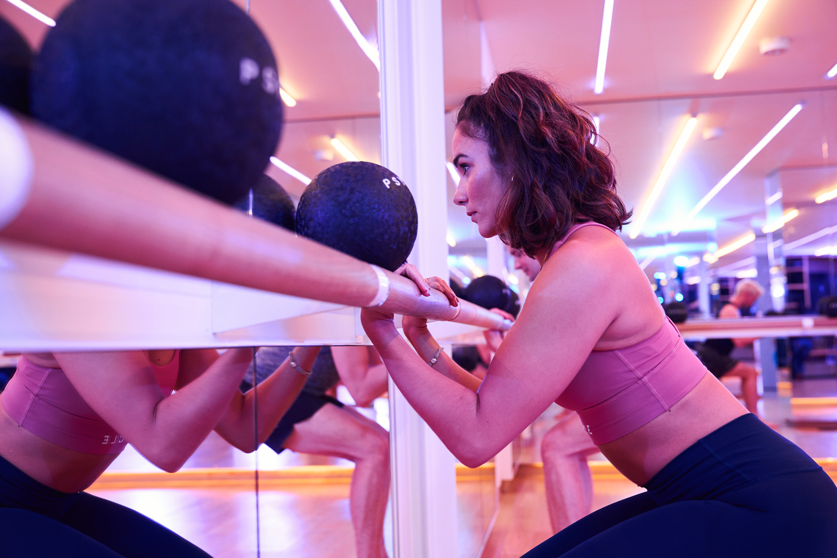
The cost of living crisis is another factor. We’ve seen customers move to lower-frequency products and have introduced a new lower-frequency membership tier to allow for this. We’ve also introduced an under-27s membership, targeting younger customers on lower incomes who used to come more often than they do now.
“Many smaller operators are leaning on deep discounting to drive footfall at any cost. It’s devaluing what boutique stands for.”
But product quality must still be consistently high. Pre-COVID, I would argue that there were too many operators charging premium prices for average products. There is no space for that now.
The problem is, as market conditions bite and the number of boutique operators continues to contract, things are going the other way. The sector is now dominated by a handful of multi-site brands alongside ClassPass-led, one-stop shops that are driving prices to the floor. They’re devaluing the product to the point that audiences are unsure what ‘boutique’ really means.
Doesn’t Psycle use ClassPass?
Since COVID, yes, and actually we really like it: it helps us fill spots that would otherwise not be filled. We allocate the inventory we want, manipulating demand and supply to add footfall across all studios and times.
We don’t see ClassPass as a discounting tool, though. In fact, it’s where we drive our highest yield.
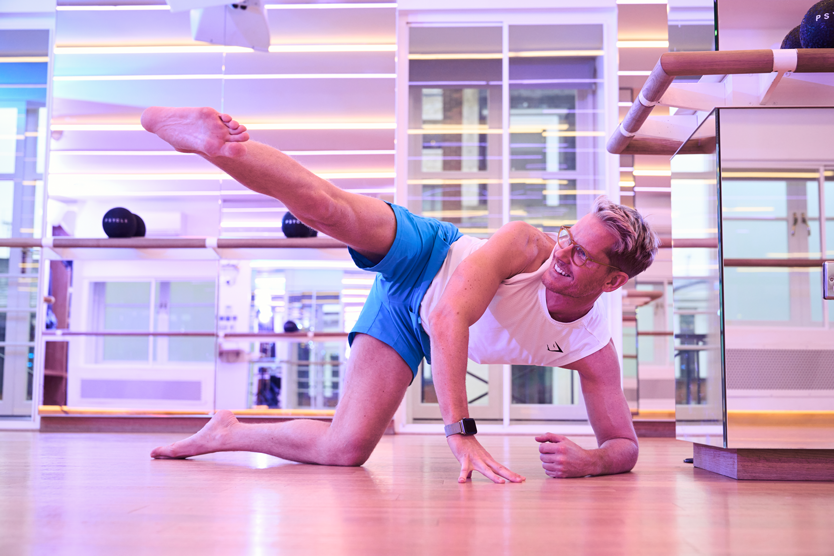
The cheapest way to enjoy Psycle is always through our own credit packs and memberships, meaning direct-to-Psycle customers continue to make up the majority of our attendance. What ClassPass does is unlock an audience we might traditionally have missed – people who enjoy the flexibility of picking and choosing from a variety of studios and concepts.
The point is, the discounting issue isn’t because of ClassPass. It’s because of the prevailing mindset in the market. Many smaller operators are now very short-termist, leaning on deep discounting to drive footfall at any cost. It’s devaluing what boutique stands for, and it’s only getting worse.
Boutique is about beautiful spaces, great service, best-in-class instructors and delivering consistently high-quality classes – but it gets increasingly hard to deliver that when there’s so much discounting going on. The sooner we stop the downward price spiral, the sooner we’ll all feel we’re building sustainable businesses.
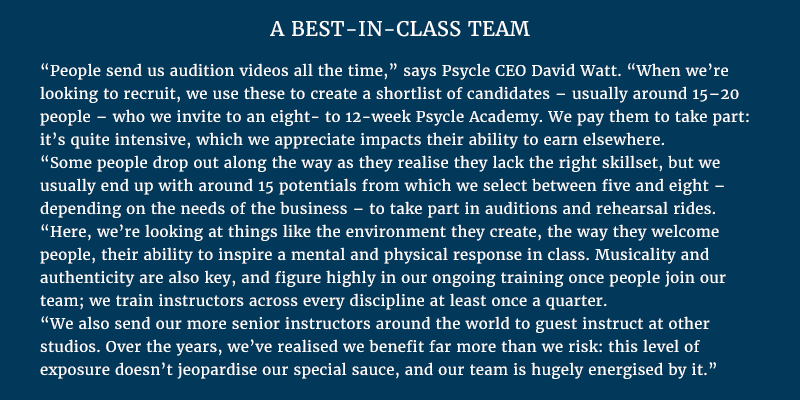
Video

Conceived, powered and funded by BODY BIKE®, RIDE HIGH has a simple mission: to celebrate and champion the very best of indoor cycling, sharing ideas, stories and experiences from around the world to inspire the sector on to even bigger and better things. Subscribe for free by leaving your details below and we'll send indoor cycling's hottest news direct to your inbox three times a year.

